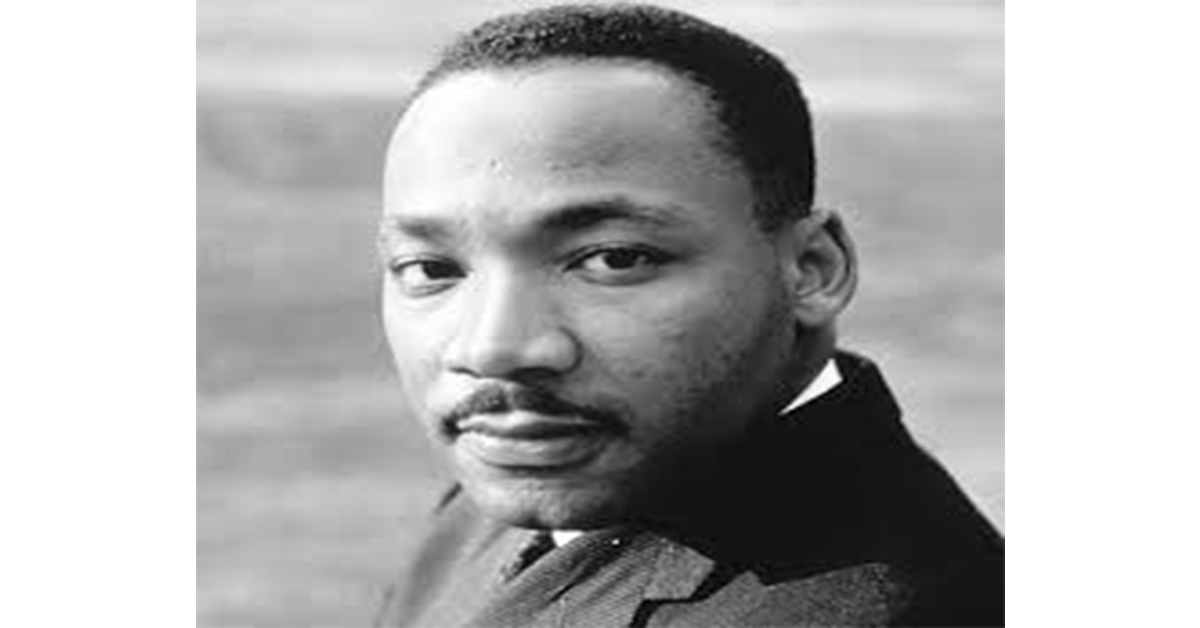Greetings Brothers,
The Merriam-Webster dictionary defines metadata as data that provides information about other data. The History and Archives Chairman’s Dictionary of Conveniently Useful Non-Words defines “metapeople” as people whose influence provides insight into the being of other people. In this week’s Monday Pearl, in celebration of the life and contributions of Dr. Martin Luther King, Jr., we briefly highlight some of the “metapeople” who informed Dr. King’s spirituality and faith, commitment to non-violence, leadership style, conviction, and courage.
Although a member of Alpha Phi Alpha Fraternity, it is well-documented that some of Dr. King’s biggest influences were Omega Men. Dr. King’s father, Martin Luther King, Sr., Pastor of the Ebenezer Baptist Church in Atlanta and Morehouse College Trustee, was a good friend of Brother Dr. Benjamin E. Mays, Morehouse College President Emeritus. When young Martin Luther King, Jr. himself attended Morehouse, he found a mentor in Dr. Mays and later described Mays as his “spiritual mentor.” Early in his career, Mays took an interest in the nonviolent methods of Mahatma Gandhi. In 1936, while the Dean of the Howard University School of Religion, Mays was selected as one of 13 Americans to attend the 1937 World Conference of the YMCA in Mysore, India. The purpose of the conference was to study the complex problems confronting youth around the world. While in India, Mays requested a meeting with, and eventually met Gandhi, with whom he discussed in great length the efficacy of nonviolence. In his autobiography, Born to Rebel, Mays reflected, “When I questioned Gandhi on the charge that the nonviolent man who violates the law has no respect for it, Gandhi’s response was that the nonviolent man is law-abiding in that he is willing to pay the price when he disobeys unjust laws. Later, this part of my experience with Gandhi was to give me a deeper understanding than most persons of the program of Martin Luther King, Jr.”
Another King “metaperson” was William Stuart Nelson (1916 Alpha), who along with his line brothers, Campbell Carrington Johnson and Walter Herbert Mazyck, served in World War I and was commissioned at Ft. Des Moines, Iowa during World War I. Nelson was one of many distinguished Omega men who comprised The War Chapter. Discharged as a first lieutenant, Nelson returned to from the war to eventually become the Second Editor of the Oracle, Dean of the Howard School of Religion, and President of Dillard University. Over the course of his life, Nelson became ‘internationally known as an exponent of the philosophy of nonviolence. He had been a friend of the late Dr. Martin Luther King Jr. and Mahatma Gandhi and had walked with both in protest marches.’ When Nelson sent him his 1958 article “Satyagraha: Gandhian Principles of Non-Violent Non-Cooperation,” King wrote that it was “one of the best and most balanced analyses of the Gandhian principles of nonviolent, noncooperation that I have read.”
Lastly, in his thesis, Of Vision and Power: The Life of Bishop Edgar Amos Love, Brother J. Samuel Cook, wrote, “the sense of urgency which Edgar Love felt with respect to ending segregation—and the accompanying anger over its persistence—was one shared among most black leaders during the 1950s and 1960s. Love’s contentious opposition to William Faulkner’s “Letter to the North” [advocated against compulsory integration] was a precursor to Dr. Martin Luther King’s 1964 polemic Why We Can’t Wait. For those who haven’t heard the 1962 sermon by Founder Love, The Challenge of the Difficult, please click on http://digitalcommons.auctr.edu/itcaudio/4/ to listen. Motivating indeed.
Please also read the attached eulogy delivered by Brother Dr. Benjamin E. Mays upon the passing of Dr. Martin Luther King, Jr.
The History and Archives Committee wishes everyone a meaningful Martin Luther King, Jr. Holiday.
Read More - Benjamin Mays Delivers Final Eulogy for the Rev. Martin Luther King Jr
F.I.E.T.T.S.
3rd District History and Archives Committee
___________________________________
The Monday Pearl is provided by the Third District History and Archives Committee and is a weekly sharing of fraternity content, commentary, and research of historical value we hope Brothers will enjoy and from which Brothers will draw inspiration. Previous "Pearls" can be found at http://3rddistrictques.org/about-us/overview/monday-pearl/. The Committee encourages your feedback. Should you have reactions, comments, information, anecdotes, documents, and the like, related to any of the content we share, we'd very much like to hear from you. Please send all communication to 3dhistoryandarchives@gmail.com


